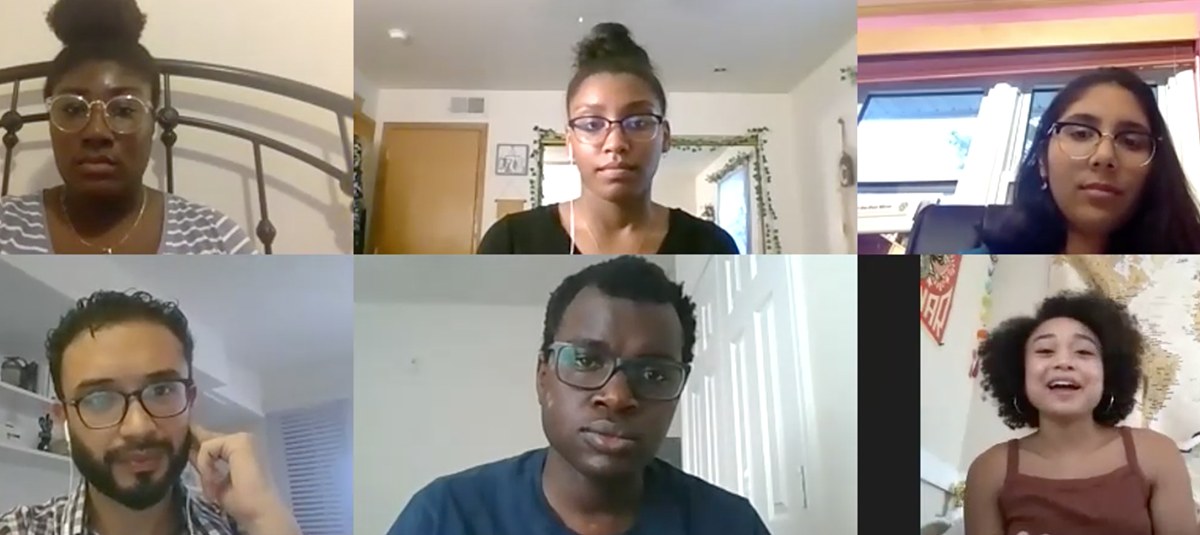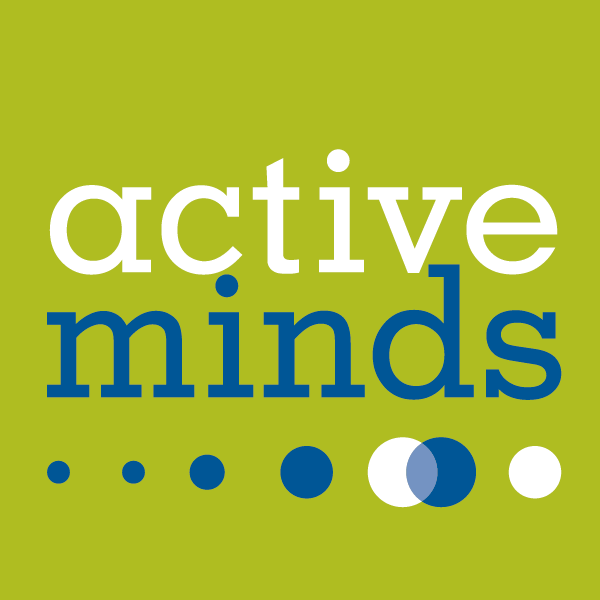Terms you might be unfamiliar with: BIPOC stands for Black, Indigenous, and People of Color
The coronavirus pandemic isn’t affecting all students equally, and historically, education hasn’t helped all students in the same ways. BIPOC students are at higher risk for both mental and physical health problems, and as schools across the nation respond to the coronavirus pandemic in a variety of ways, BIPOC students need to be at the center of the conversation. Active Minds hosted a webinar with BIPOC students to check in on their mental health and hear directly from them about what colleges need to do to help them transition back to school and into the workforce.
Here’s what we learned:
1. Cultural stigma is real, and it can prevent BIPOC from opening up about their experiences with mental health.
BIPOC students described feeling like they need to work significantly harder than their white peers, leaving them with less time to focus on their mental and physical health. Within the Black community, students said they feel a pressure to be resilient and strong, without the space to talk about their emotions. This added another layer to their mental health problems, making it more difficult for students to access resources and develop supportive relationships to help them recover.
2. “Today’s solution might not be tomorrow’s”
Students cope in different ways, from running, to listening to podcasts, to attending online therapy. We’re living through unprecedented times, and it’s okay to not know how to get through them. Students are taking on their new realities day by day, and trying to be patient with themselves as they do so. As schools start to open back up, students are trying to adjust back to a steady, predictable workload, which for some, has been difficult already.
3. Schools need to be intentionally reaching out to BIPOC communities.
Support dogs and flyers aren’t enough. Schools need to invest in BIPOC mental health, both with their pocketbooks and with the resources that they already have. Too often, students are unaware of the programs on campus because they aren’t discussed, particularly ones that are run by students or outside organizations. Schools need to focus on uplifting the resources that already exist, and creating BIPOC-specific programs for mental health.
4. “Diversity is nothing without appropriate representation”
It’s exhausting to be the one BIPOC person that teachers, classmates, and administrators continuously come to for answers. It’s overwhelming to feel like you have to be an educator on every topic related to BIPOC. It’s alienating to be the only BIPOC in the room, much less the school. Diversity is about having BIPOC in leadership positions, Diversity and Inclusion offices, and teaching positions. The people making decisions for BIPOC students both need to listen to and represent them.
5. We need to be talking more about BIPOC issues, both personally and administratively.
Sometimes breaking down stigma requires breaking the ice. We need to be having continuous conversations about BIPOC issues, in hopes of building a new reality where discussions about race in America aren’t something that white people shy away from. Having more honest conversations about mental health, particularly among BIPOC, would help to normalize therapy, treatment, and mental health generally. In some cases, those conversations might be necessary in your home. In others, they might be necessary in the Dean’s office.
6. We can’t allow ourselves to burn out.
BIPOC issues became headline news for a couple of weeks, but once they left newspaper stands and TV screens, mainstream attention died down. That isn’t okay. We can’t allow BIPOC issues to only be discussed during one month of the year or on an important holiday. The issue of racism isn’t new, and it won’t go away in a week or two. Continuing the work on anti-racism, diversity, inclusion, and equity is a daily fight that each of us need to invest ourselves in.
Watch the entire webinar here.
The students involved:
Anushka Gupta, John L. Miller Great Neck North High School
Bre Taylor, Recent Graduate of Pace University
Cayla M. Vertreese, Northwest Missouri State University
Da’Trevion (Tre) Moss, University of Dubuque
Alexa Sass, UCLA
Nathan Omari, University of Houston Downtown
Moderator: Saúl Valdez, Program Officer, College Success, ECMC Foundation




